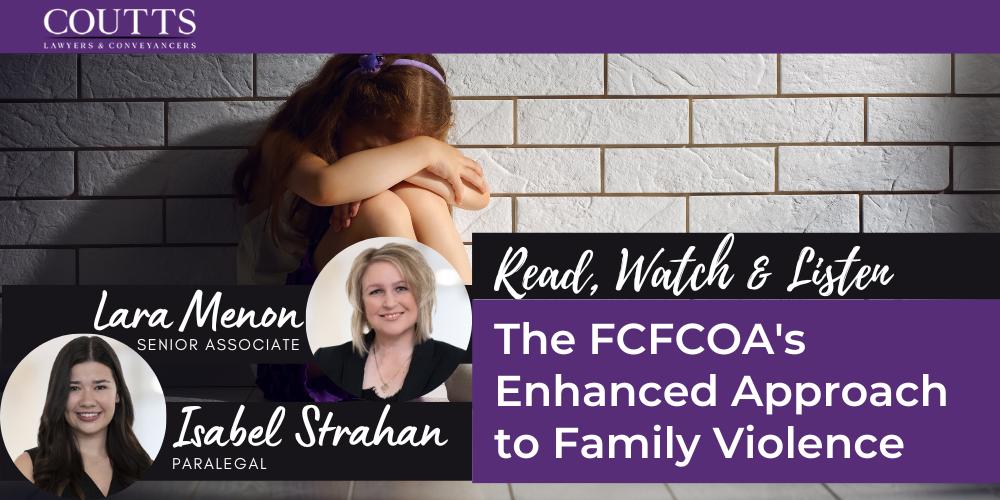Grandparents are often an important part of a child’s life. Grandparents can be involved in lots of different ways – perhaps it’s a regular babysitting role, maybe its breaking the bedtime rules or serving up dessert before dinner. Whatever role it may be, grandparents often want to be a part of a child’s life.
Grandparents can sometimes encounter issues when it comes to seeing their grandchildren. Whilst there is no automatic right for a grandparent to see their grandchild, the Family Law Act 1975 (Cth) allows for a grandparent of the child or any other person concerned with the care, welfare or development of the child to apply to the court for a parenting order.
There are many situations in which a grandparent may want to apply for a parenting order to see a grandchild and some common situations are:
- The parents have separated and neither parent is facilitating time with the grandparents.
- The parents are still together but refuse to let the grandparents spend time with the child.
- One of the parents may have passed away and the surviving parent isn’t allowing the grandparents to see the child.
- The grandparents may want a child to live with them, for reasons such as the parents aren’t involved in the child’s life or there is a significant safety concern for the child in the parent’s care.
It’s important to know that there is typically a requirement to try family dispute resolution before proceeding to court (some exceptions may apply). This means the grandparents and parents could try mediation with a third-party mediator to try and resolve the issues and come to an agreement first.
If separated parents already have court proceedings on foot, then grandparents may need to be joined to these court proceedings as a third-party. Alternatively, grandparents may need to be the ones to start the court proceedings. There’s several different orders a grandparent could seek such as:
- to spend time the child;
- to communicate with the child e.g over telephone or skype;
- that the child live with the grandparents and that the grandparents have parental responsibility for the child.
In any parenting matter, a court will look at what is in the best interests of the child. That is the paramount consideration of the court when making a parenting order. The amount of time or communication that a child has with a grandparent will be based on what is best for the child.
There are many factors that a court will look at when determining what is in a child’s best interests. Some additional considerations are:
- the views of the child (usually depending on the maturity and level of understanding);
- the nature of the child’s relationship with parents and grandparents;
- the likely effect of any changes in the child’s circumstances including separation from parents, any other child or other person such as grandparents who the child has been living with;
- the capacity of parents and grandparents to cater for the needs of the child including emotional and intellectual needs;
- any family violence.
If a dispute arises solely between the parents of the child, and it doesn’t involve the grandparents then proceedings will need to be commenced by one of the child’s parents. A grandparent cannot start proceedings on behalf of a parent who is capable of doing this for themselves.
At Coutts Lawyers & Conveyancers, we understand that this may be a difficult time for you and that every situation is different. We can meet with you to take you through the process and advise you on your individual circumstances.
For further information contact:
Luisa Gaetani
Senior Lawyer
luisa@couttslegal.com.au
02 4607 2112
This blog is merely general and non specific information on the subject matter and is not and should not be considered or relied on as legal advice. Coutts is not responsible for any cost, expense, loss or liability whatsoever in relation to this blog, including all or any reliance on this blog or use or application of this blog by you.



